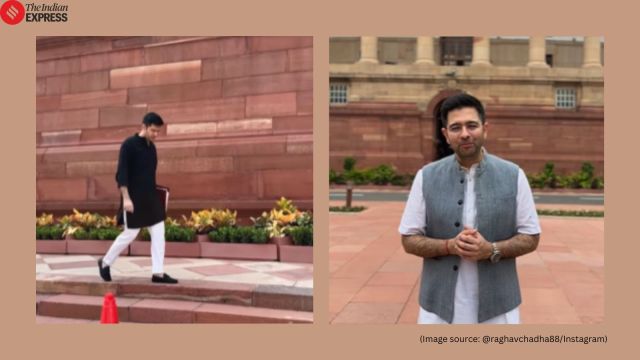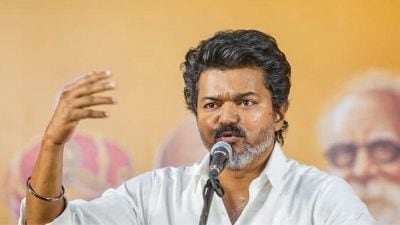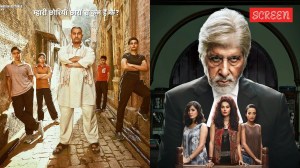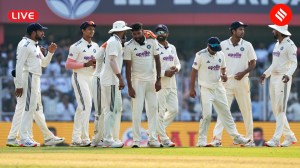AAP leader Raghav Chadha shares video on day in the life of a Member of Parliament: ‘Day starts at 6 and ends at…’
The video shows him starting the morning with a steaming cup of tea and a deep dive into the day’s news.
 Chadha says he reads seven to eight newspapers daily, from English publications to Hindi dailies
Chadha says he reads seven to eight newspapers daily, from English publications to Hindi dailiesRaghav Chadha, Aam Aadmi Party leader and Rajya Sabha MP, recently gave his followers a peek into what a normal working day looks like for him when Parliament is in session. In an Instagram reel titled “A Day in the Life of a Member of Parliament,” he walked viewers through his schedule, which, he said, kicks off as early as 6 am.
“As a member of parliament, when the Parliament is in session, the day is full of action and activity,” he says as the video begins. The video shows him starting the morning with a steaming cup of tea and a deep dive into the day’s news. Chadha says he reads seven to eight newspapers daily, from English publications like Hindustan Times, The Times of India, The Indian Express, and The Hindu to Hindi dailies including Amar Ujala, Dainik Jagran, Punjab Kesari and Hindustan.
Parliament proceedings, he explained, start at 11 am with Zero Hour, where MPs get “three uninterrupted minutes to speak” if their topic is chosen. That’s followed by Question Hour from 12 to 1 pm, when ministers respond to selected questions from members. A lunch break runs from 1 to 2 pm.
Post-lunch, Chadha says, “the legislative business of the government begins,” which means bills are tabled and subjected to “detailed discussion, dialogue and debate.” The final hour of the day is dedicated to Special Mentions, issues of urgent public importance that MPs submit in writing to be read out in the House.
In the caption, he wrote: “Our day begins before the Parliament does. A cup of chai, a stack of newspapers, and preparation for the debates ahead.”
Watch the video:
View this post on Instagram
The reel, which has crossed four million views, has drawn praise for its rare, behind-the-scenes look. One viewer commented, “Always wanted to know this… thanks for such informative video.”
Another wrote, “We need our MPs to share useful knowledge like this to everyone! Very nice. Thanks!” Someone else remarked more critically, “I guess… more than half of the MPs probably don’t even know what their job is or what the purpose of attending a session is.”






- 01
- 02
- 03
- 04
- 05

























